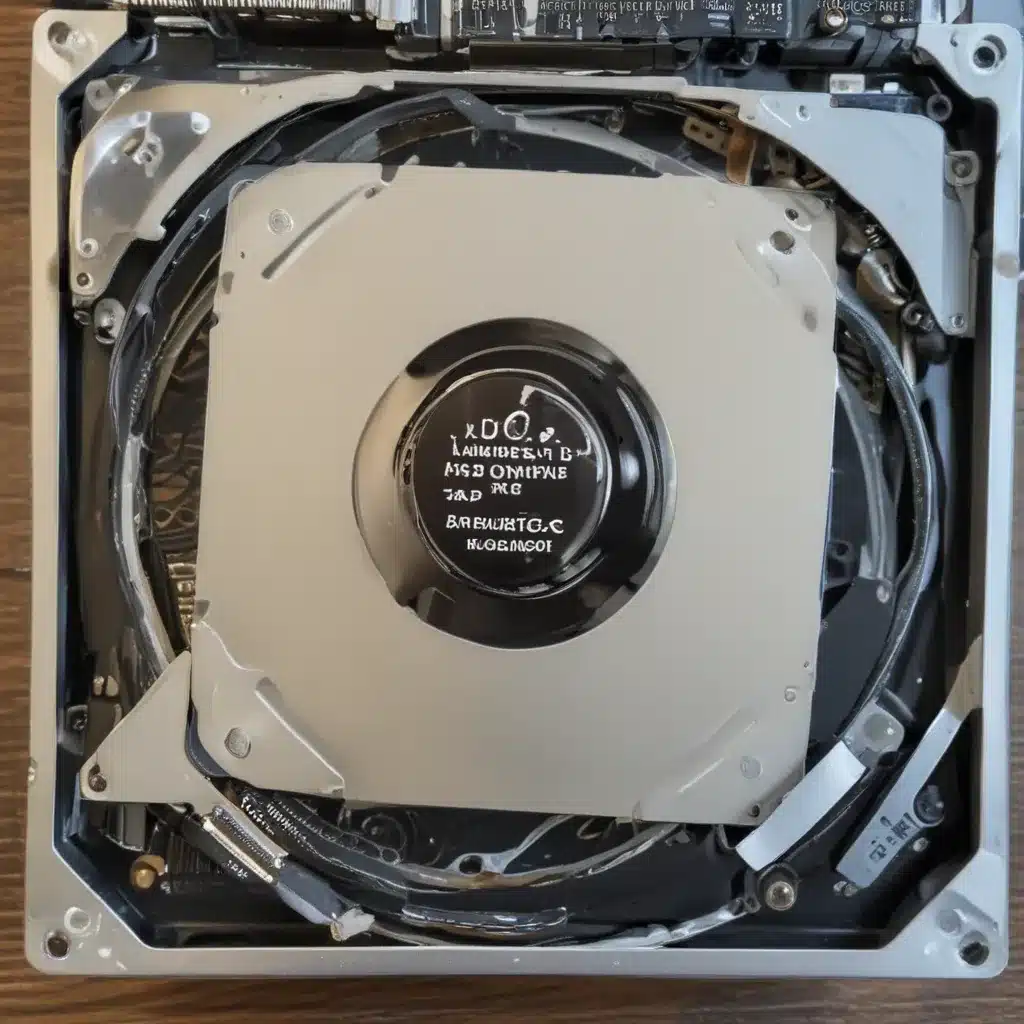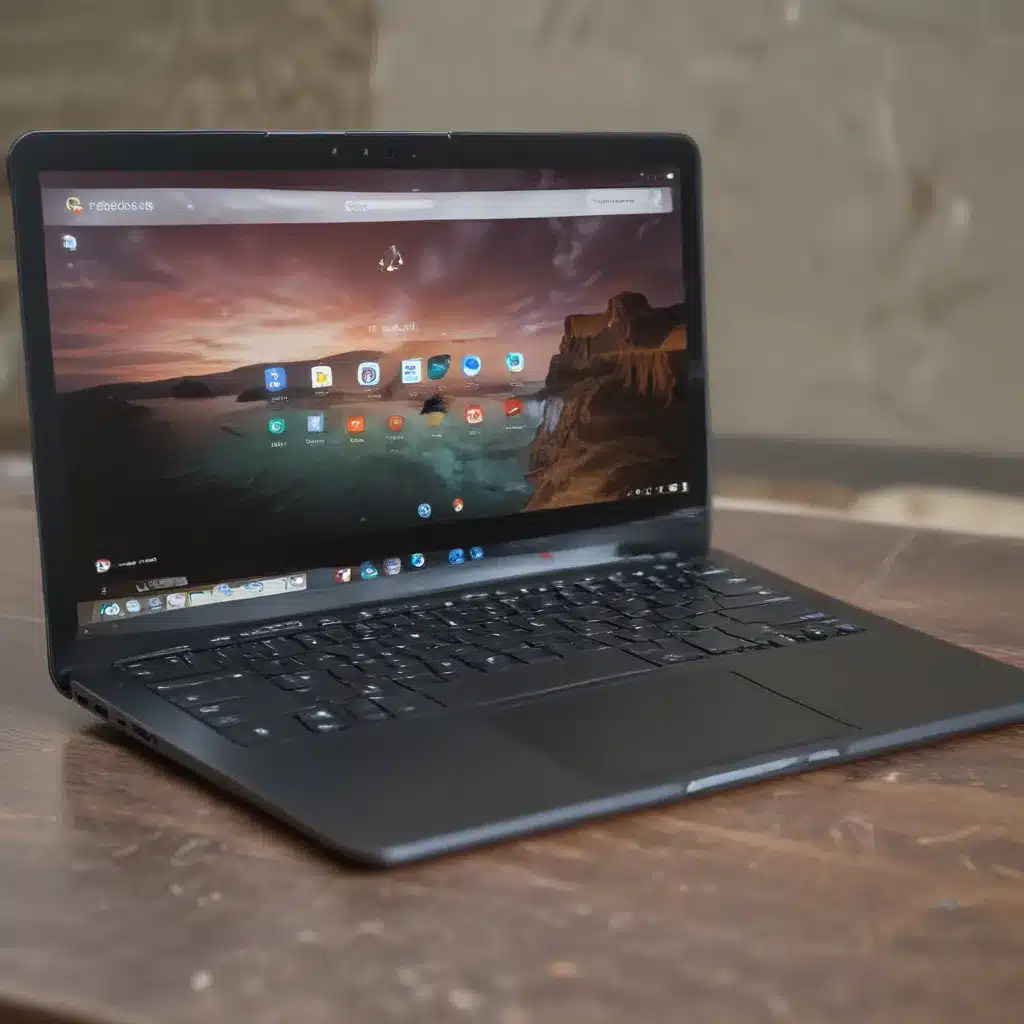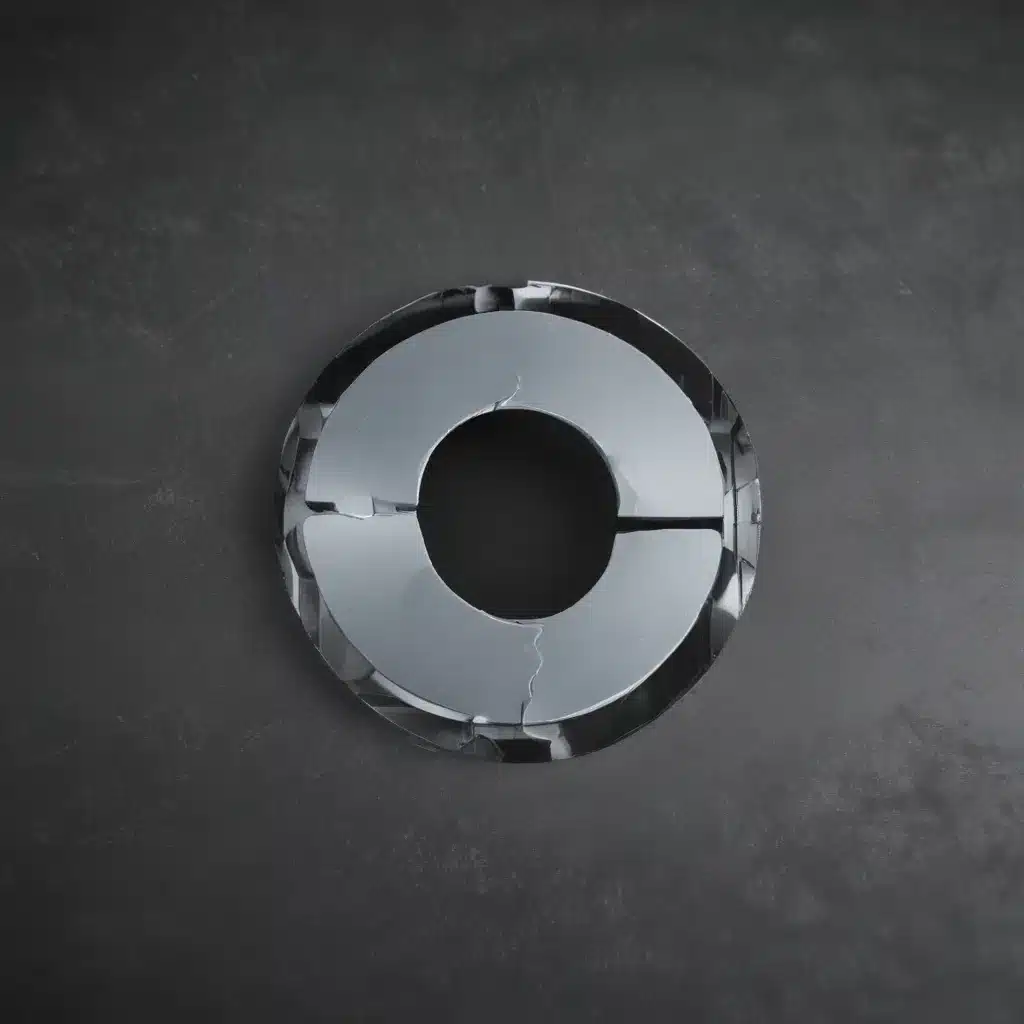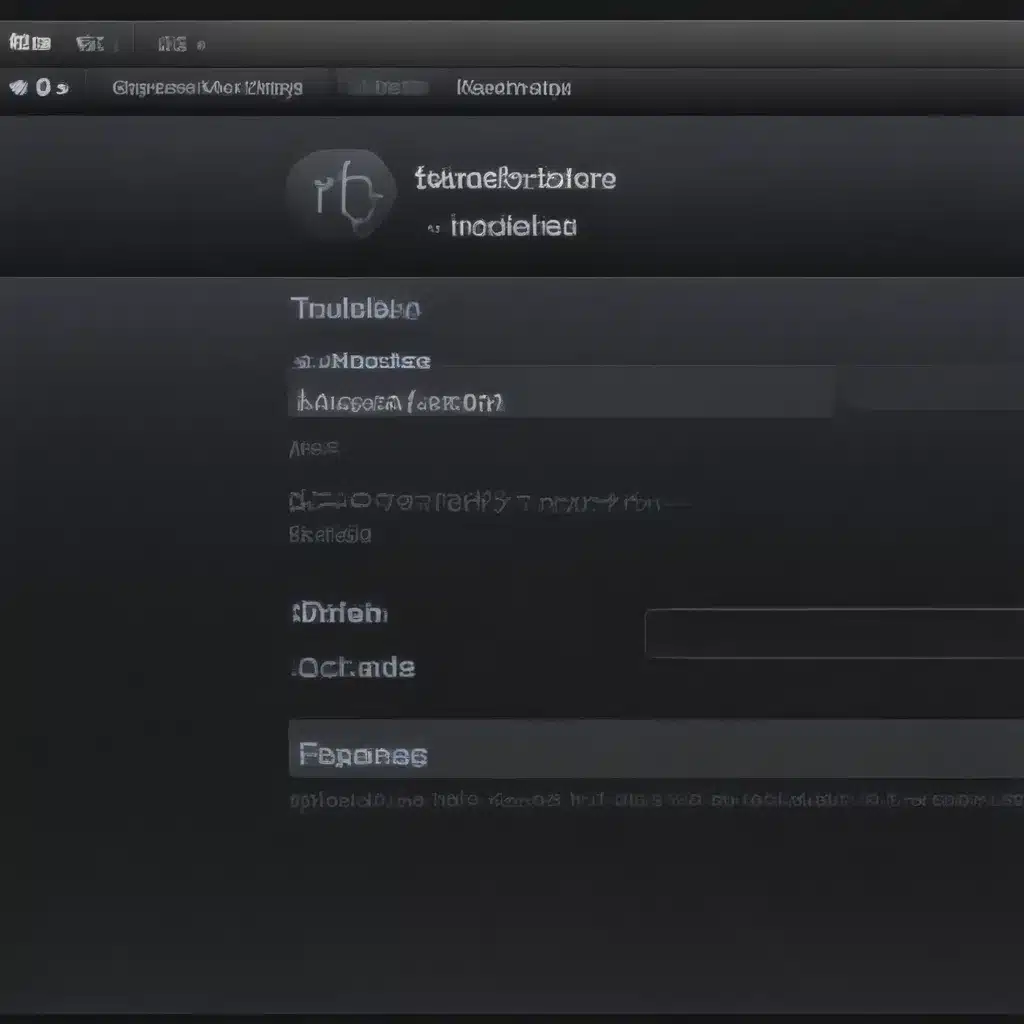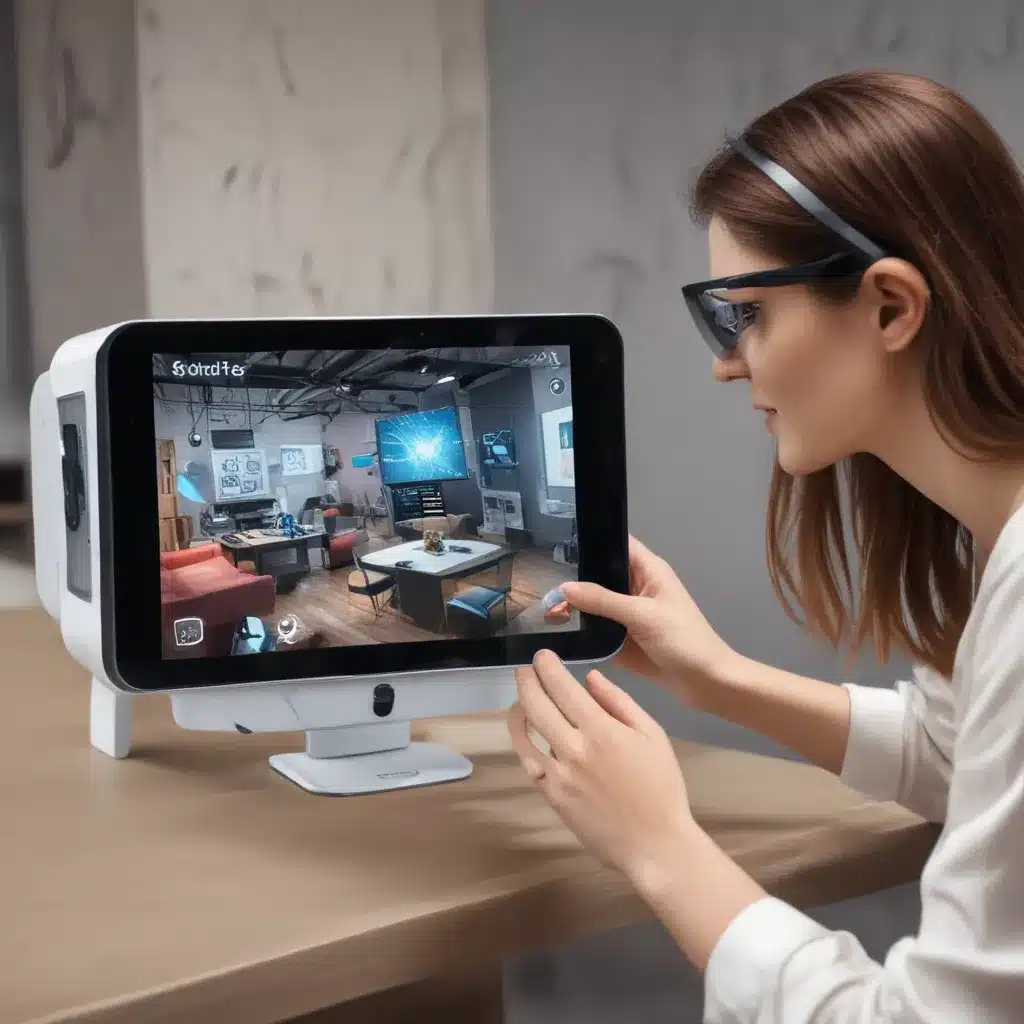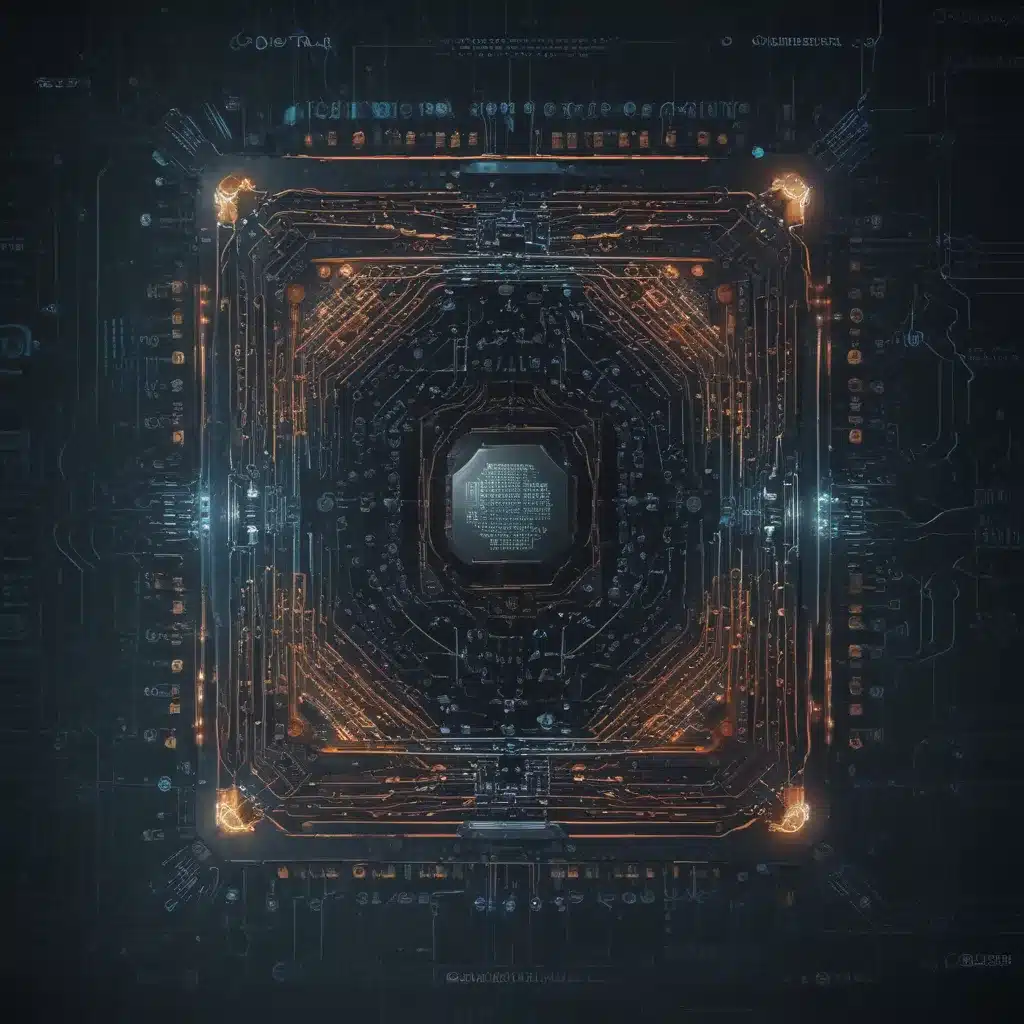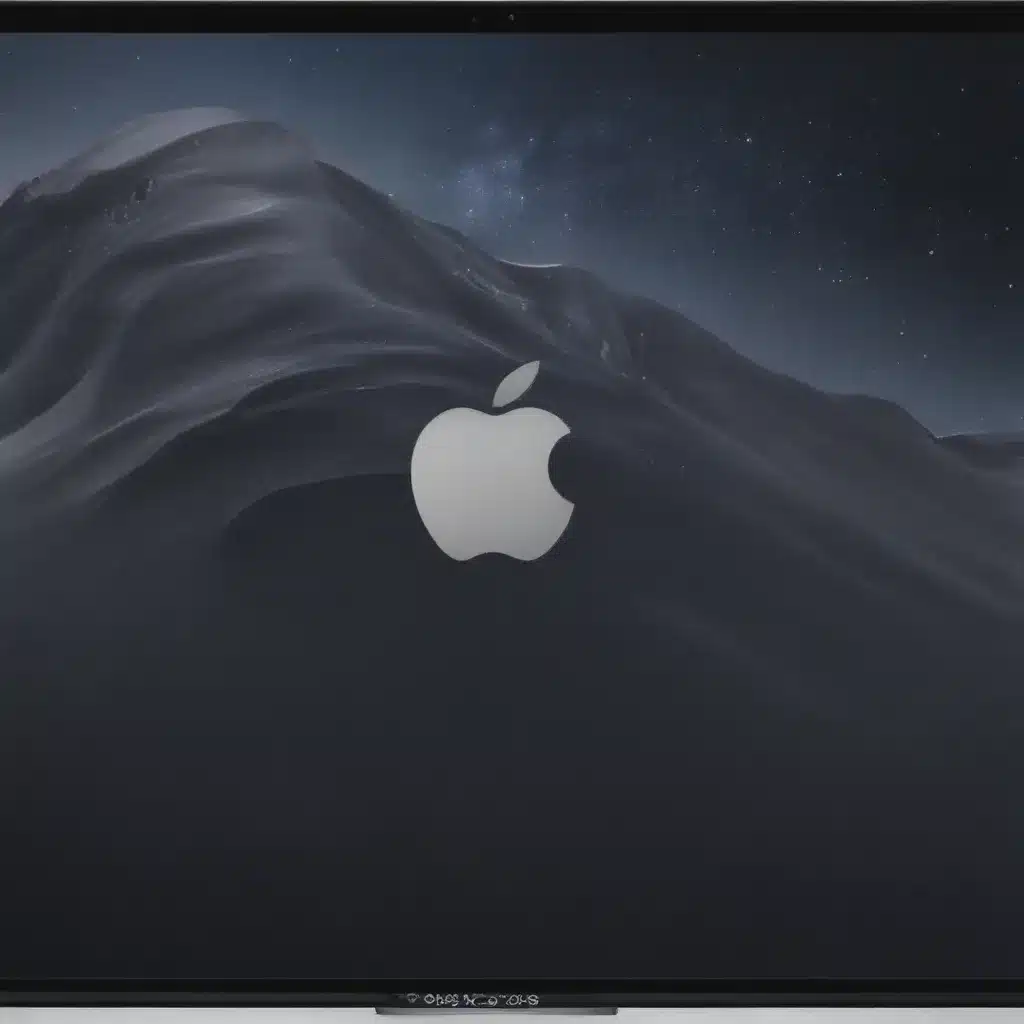The Temptation to Upgrade
Oh, the allure of the latest and greatest computer hardware! I’ll admit, I’ve been there myself, drooling over the impressive specs of the latest graphics cards and processors. But as a seasoned computer repair technician, I’ve learned that succumbing to this temptation can often be a colossal waste of money, especially when dealing with an old PC.
You see, I’ve lost count of the number of clients who’ve come to me, their wallets a little lighter, after splurging on a shiny new GPU or CPU, only to find that their aging system can’t take full advantage of the upgraded components. It’s like buying a Ferrari and trying to race it on a dirt road – the potential is there, but the infrastructure just can’t handle it. [1]
Identify Your Needs
Before even considering an upgrade, it’s crucial to assess your actual needs. What are you using your computer for? Are you a casual web surfer, a hardcore gamer, or somewhere in between? [2] Knowing your specific requirements will help you determine whether an upgrade is truly necessary or just an indulgence.
For example, if you’re mainly browsing the web, sending emails, and occasionally watching videos, chances are your current setup is more than adequate. Upgrading to the latest and greatest hardware would be like using a sledgehammer to crack a nut – it’s simply overkill and a waste of your hard-earned cash.
Understand the Limitations
One of the biggest mistakes I see people make is underestimating the limitations of their older hardware. It’s easy to get caught up in the hype and think that a new component will magically transform your computer, but the reality is often quite different.
Think about it this way: your PC is like a team of workers, and each component is a specialized member of that team. If you have a group of skilled laborers, but they’re stuck using outdated tools, their productivity is going to be severely hampered, no matter how talented they are. [3] The same principle applies to your computer – your shiny new GPU will be held back by an aging CPU or insufficient RAM.
Identify Bottlenecks
To avoid wasting money on unnecessary upgrades, it’s essential to identify the true bottlenecks in your system. This means taking a close look at the different components and determining which ones are holding you back the most.
For instance, if you’re a gamer and you’re experiencing sluggish performance, the culprit is likely your graphics card. Upgrading to a newer, more powerful GPU could make a significant difference in your gaming experience. However, if your CPU is several generations old, you may not see the full benefit of the GPU upgrade, as the processor would become the new bottleneck. [4]
Incremental Upgrades
Rather than splurging on a complete system overhaul, a more cost-effective approach is to consider incremental upgrades. This means addressing the specific areas of your computer that are causing the most problems, one at a time.
For example, let’s say you have an older hard drive that’s starting to slow down. Instead of buying a brand-new computer, you could simply replace the hard drive with a faster solid-state drive (SSD). This can give your system a significant performance boost without breaking the bank. [5]
Another option is to upgrade your RAM or add an additional SSD for extra storage. These types of targeted upgrades can breathe new life into an older system, often for a fraction of the cost of a full-blown replacement.
Maintain and Optimize
One of the best ways to extend the lifespan of your old PC is to prioritize maintenance and optimization. This includes tasks like regularly cleaning out dust, applying fresh thermal paste, and ensuring your software is up-to-date.
By keeping your computer well-maintained, you can often eke out a few extra years of useful life before needing to consider a more significant upgrade. And the best part? This type of routine maintenance is usually pretty affordable, especially when compared to the cost of new components. [6]
Conclusion
In the end, the decision to upgrade your old PC should be based on a careful evaluation of your needs and the limitations of your current hardware. Resist the temptation to splurge on the latest and greatest components, and instead focus on targeted, cost-effective upgrades that will truly benefit your workflow or gaming experience.
Remember, your computer is a tool, not a toy. Treat it with care, and it will serve you well for years to come, without draining your bank account in the process. [7] Happy computing!

